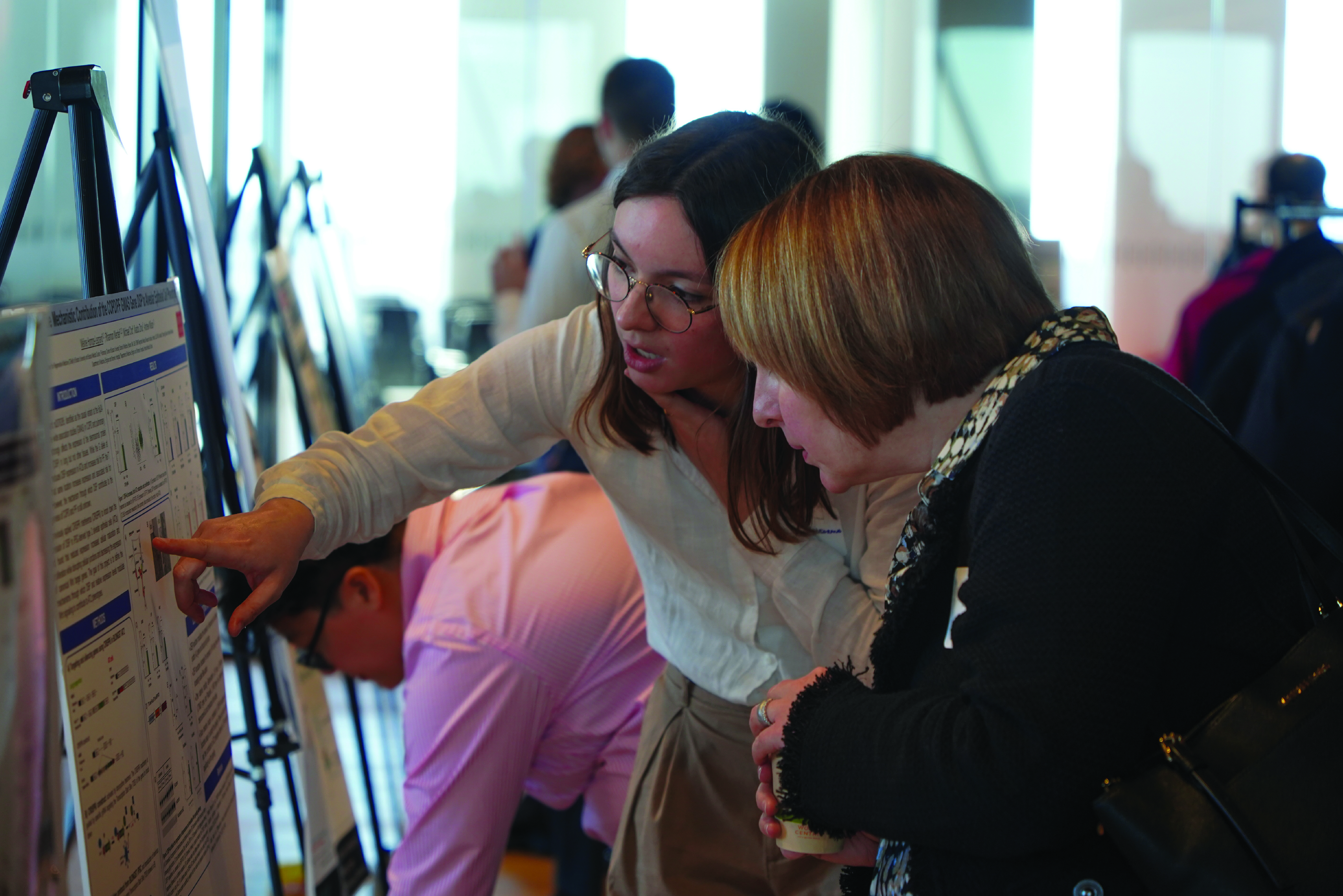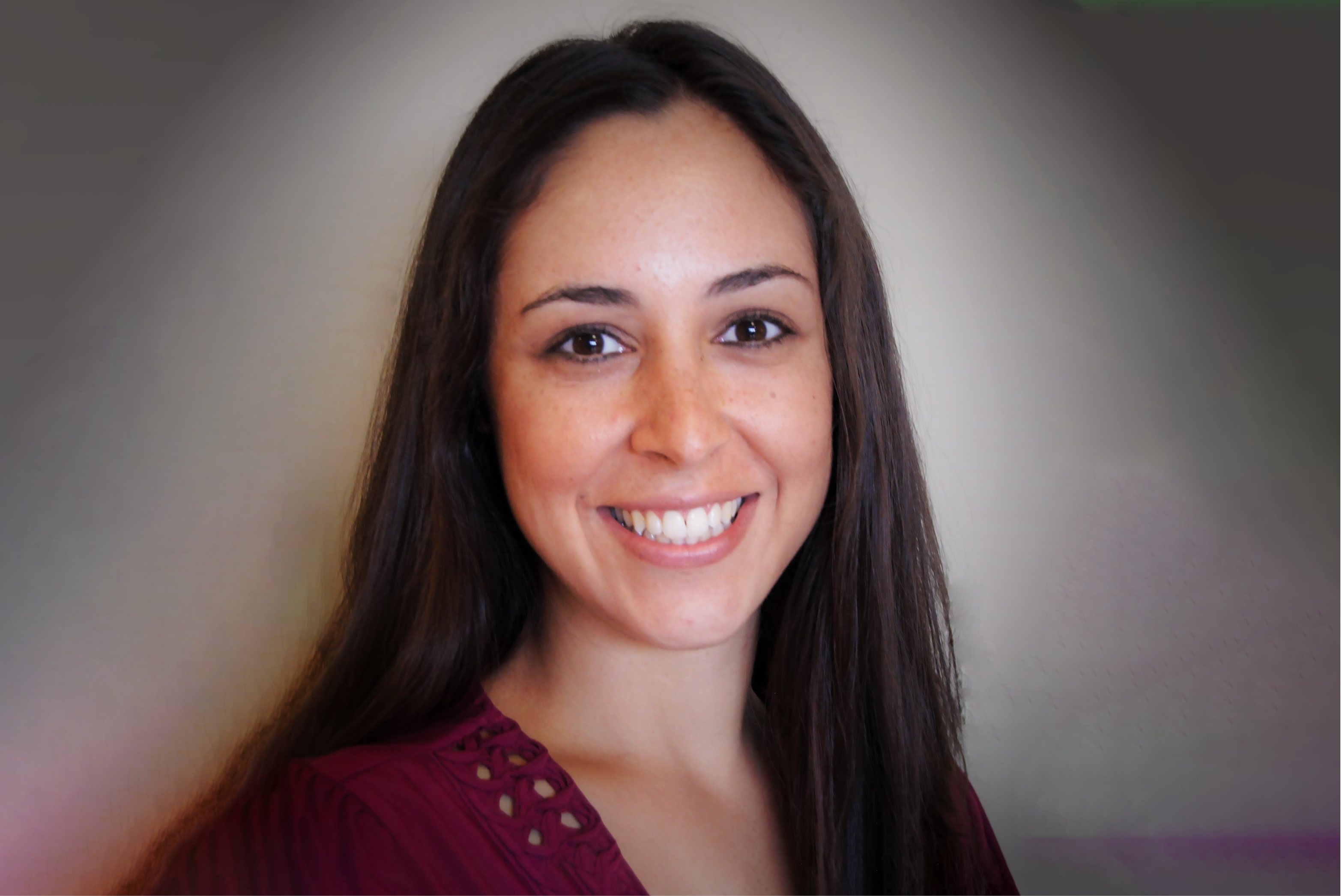Training at BU CTSI
Training is a core function of the BU CTSI. Our trainees are major sources of institutional transformation, many of whom go on to serve as Boston University faculty.
BU and its affiliates boast an extensive breadth of research, comprehensive training programs and curricula, an abundance of accomplished and invested mentors, and close collaboration between scientists, clinicians, and clinical scientists. These factors collectively ensure a rich environment for the training of translational scientists. Our vibrant faculty development program, pilot awards, and commitment to core resources and cutting-edge technologies are institutional strengths fostering the development of junior faculty.
At the BU CTSI training is flexible, adapted to individual needs, and focused on building core competencies in translational research, producing investigators rigorously trained in research methodology, that can effectively communicate and collaborate as members of multidisciplinary teams.
The BU CTSI training program has two target populations:
- Those in our K community who receive intensive training
- The broader university and our affiliates, including students, faculty, and research staff
Our main training programs—KL2 and TL1 are complementary and integrated with our Researcher Education program.
Program Milestones ⏷
2015 – TL1 launches, 42 trainees have finished their appointments creating 163 publications and catalyzing $4.6M in NIH funding since ending
2015 – Mentoring the Mentor Seminar Series launches, 115 faculty members have completed the training
2016 – Career Development Writing Program launches, 76 participants attended the workshops
2021 – PERC launches, 57 participants have completed the program
2024 – R01 Proposal Writing Workshop launches, 16 faculty have completed the workshop
Today – Training impact statistics: 650+ attendees to trainings; 440+ investigators supported in workshops; 53% success in grant writing workshops
Quotes from Participants ⏷
“I felt I was supported throughout the whole process.”


